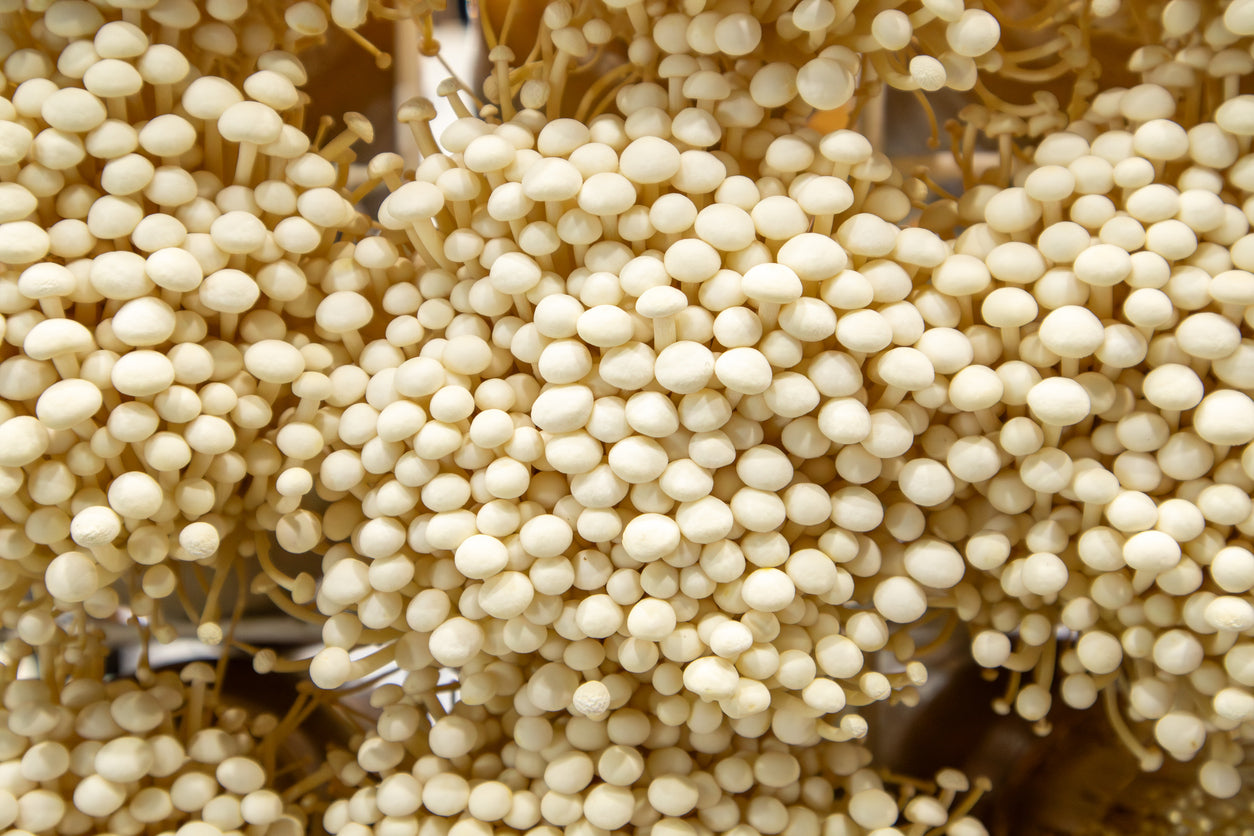Urban farming is a growing movement that is transforming cities around the world. As urban populations continue to increase, the need for sustainable food production within city limits has become more pressing. Urban farming is not only a solution to this challenge but also brings a host of other benefits that extend beyond just providing fresh produce. From improving food security and promoting sustainability to enhancing community well-being, urban farming is proving to be a vital component of the future of city living. In this blog, we’ll explore the many benefits of urban farming and why it’s an essential practice for creating sustainable cities.
Improved Food Security
One of the most significant benefits of urban farming is its ability to improve food security. With more people living in cities than ever before, access to fresh, healthy food is a growing concern. Urban farming helps address this issue by bringing food production closer to where people live. By growing food in the city, urban farms reduce the distance that food must travel from the farm to grocery stores, which can lower costs, reduce spoilage, and ensure that residents have access to fresh produce.
Urban farming can also help diversify the types of food available in cities. Many urban farms focus on growing a variety of fruits, vegetables, and herbs, which can provide residents with access to foods that may not be as readily available in supermarkets. Additionally, urban farms can be a source of culturally relevant foods that are important to the diets of diverse communities, further enhancing food security.
Environmental Sustainability + Urban Farming
Urban farming plays a crucial role in promoting environmental sustainability. Traditional agriculture often requires large amounts of land, water, and energy, and it can contribute to deforestation, habitat loss, and soil degradation. Urban farming, on the other hand, can be more resource-efficient and environmentally friendly.
Many urban farms use sustainable practices that require less land and water than traditional farming methods. These practices also reduce the need for chemical fertilizers and pesticides, which can harm the environment. By growing food closer to where it is consumed, urban farming reduces the carbon footprint associated with transporting food over long distances.
Urban Farming Brings Economic Opportunities
Urban farming can be a source of economic opportunities for city residents. It can create jobs in farming, food production, and related industries, such as farmers' markets, food processing, and distribution.
In addition to direct economic benefits, urban farming can also help reduce household food costs. By growing their own food, residents can save money on groceries and have more control over the quality and variety of the food they consume. Community-supported agriculture (CSA) programs, where residents buy shares of a farm’s harvest, can also provide a steady source of income for urban farmers while giving consumers access to fresh, locally-grown produce.
Urban farming can also revitalize underutilized spaces in cities. Vacant lots, warehouse spaces, and other unused areas can be transformed into productive farmland, which can increase property values and attract investment to the surrounding neighborhoods. This can lead to economic growth and development in areas that have been neglected or overlooked.
Health + Well-Being
Urban farming has several benefits for health and well-being. Access to fresh, nutritious food is essential for maintaining a healthy diet, and urban farms can provide city residents with a reliable source of fresh fruits and vegetables. This is particularly important in areas known as "food deserts," where access to fresh produce is limited.
Community gardens, one form of urban farming, also provide social benefits. They create spaces where people can come together to grow food, share knowledge, and build relationships. These social connections can strengthen community ties and foster a sense of belonging and collaboration. Community gardens also offer educational opportunities for people of all ages to learn about gardening, nutrition, and sustainability.
Resilience and Adaptation
Urban farming can enhance the resilience of cities in the face of challenges such as climate change, economic instability, and supply chain disruptions. By producing food locally, cities become less reliant on distant agricultural regions and global supply chains. In the context of climate change, urban farming can also help cities adapt to changing conditions. Urban farms can incorporate climate-resilient crops and farming practices that are better suited to local conditions.
Building Healthy, Resilient Communities
Urban farming offers a wide range of benefits that make it an essential practice for building sustainable cities. From improving food security and promoting environmental sustainability to creating economic opportunities and enhancing health and well-being, urban farming has the potential to transform urban environments for the better.
At R&R Cultivation, we are proud to be part of the urban farming movement, providing fresh, locally-grown mushrooms to our community. We believe that urban farming is not just about growing food; it’s about cultivating a better future for our cities and our planet. As more people recognize its value, urban farming will continue to play a vital role in creating resilient, healthy, and vibrant communities.

